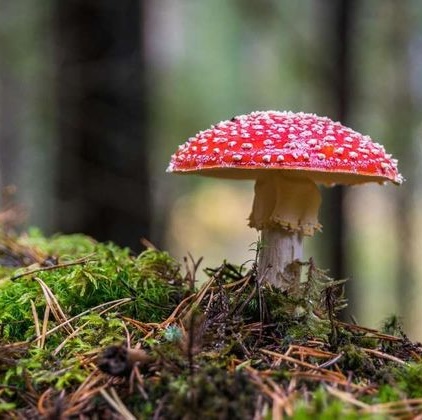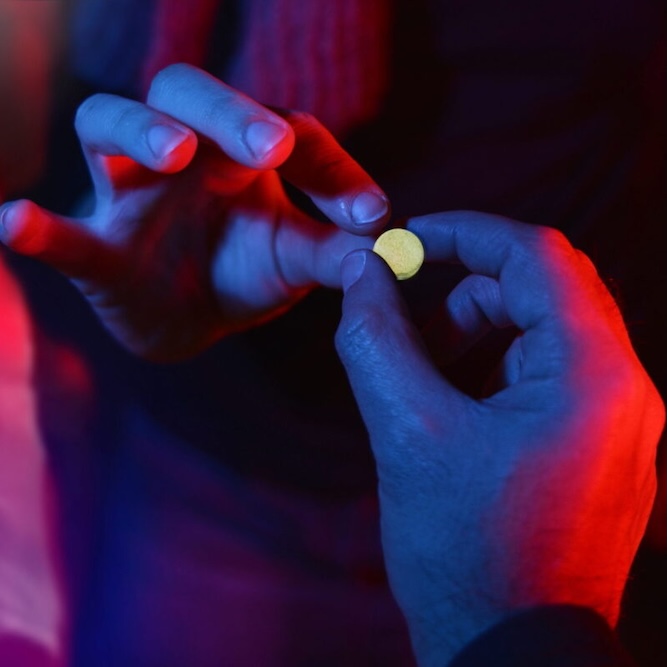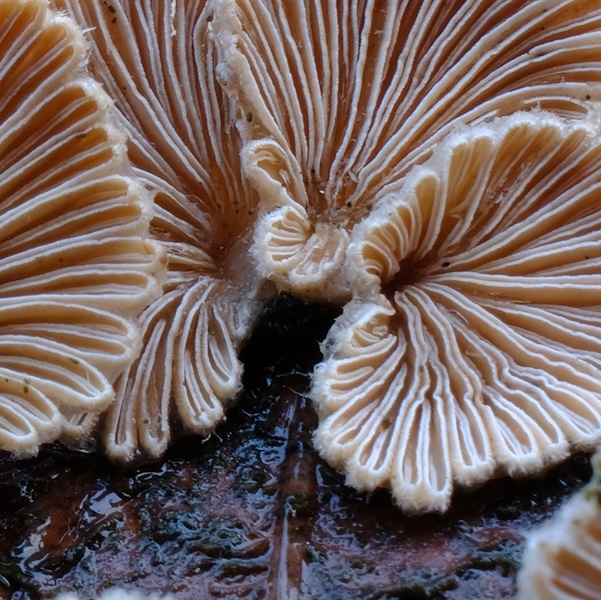Postpartum depression (PPD) is a serious condition that affects up to 1 in 7 new mothers, causing intense sadness, anxiety, and difficulty bonding with the baby. Traditionally, PPD is treated with therapy, antidepressants, or newer drugs like brexanolone – but these often take time or are hard to access.
Now, imagine a treatment that could lift postpartum depression with a single dose. It sounds almost too good to be true, yet recent research suggests a novel psychedelic compound might do exactly that.
In this blog, we’ll explore the exciting development of using psychedelics for PPD, focusing on a new drug called RE104 that’s being tested as a one-time treatment. We’ll cover:
- How it works (neuroplasticity and serotonin receptors)
- Why it might be superior to existing therapies
- The results from early trials
- What experts are saying
If you’re a new parent struggling with mood or simply interested in cutting-edge mental health treatments, read on – help could come from an unexpected place.
Why postpartum depression needs better treatments

PPD can be devastating and more severe than the typical “baby blues.”
Symptoms include:
- Persistent low mood
- Exhaustion
- Feelings of guilt or inadequacy
- Loss of interest
- Thoughts of self-harm or, in rare cases, harm to the baby
It not only affects mothers but can also impair infant bonding and development.
Traditional treatments and their limitations:
- Antidepressants (SSRIs): Take 4–6 weeks to work, may pass through breast milk, and have side effects like sleep disruption or sexual dysfunction.
- Brexanolone (Zulresso): Requires a 60-hour hospital stay with continuous monitoring; expensive and hard to access.
- Zuranolone (Zurzuvae): A 14-day pill, more convenient but benefits may fade quickly; side effects include drowsiness.
- Therapy: Effective but time-intensive and may be hard to access for moms with infants.
A fast-acting, low-burden solution could be a game-changer. This is where psychedelics come in.
The novel psychedelic: What is RE104?
RE104 is a psychedelic prodrug that converts into 4-OH-DiPT, a synthetic tryptamine in the same family as psilocin (from psilocybin).
Key features:
- Shorter duration of effects than psilocybin (2–3 hours vs. 6 hours)
- Subcutaneous injectable format ensures consistent absorption
- Designed for therapeutic use in controlled settings
RE104 offers psilocybin-like effects with a shorter trip – ideal for new moms who need treatment but also need to care for a baby.
RE104 is being developed by Reunion Neuroscience, with a clinical trial named RECONNECT now in Phase 2.
How could a psychedelic help postpartum depression?
Rapid neuroplasticity
- Psychedelics stimulate synapse growth and brain rewiring
- May “unstick” depressive neural circuits
- Mood improvements often appear within 1–2 days of dosing
Serotonin receptor activation
- Targets 5-HT2A receptors, disrupting rigid thought pattern
- Promotes cognitive flexibility and emotional openness
Emotional release and insight
- Patients often process trauma and guilt during guided sessions
- One session can yield breakthroughs that might take months in therapy
Hormonal reset (hypothetical)
- Psychedelics may indirectly stabilize neuroendocrine pathways disrupted postpartum
- Could reduce inflammation and stress response
Dr. Barnett highlights the hope that a single dose of RE104 could provide relief “with no risk to the neonate.”
Clinical plan: Monitor mother during the 2-hour trip and for about 6 hours after. If all is well, she goes home the same day – a massive quality-of-life improvement compared to multi-day infusions.
Early evidence: Clinical trials and results
Phase 1 trial (2024)
- RE104 was found to be safe and well-tolerated in healthy volunteers
- No serious adverse events reported
- Green light for Phase 2 PPD trial
RECONNECT trial (Phase 2)
- Tests a single-dose RE104 in women with PPD
- Includes therapy support and follow-up assessments
Ketamine precedent
- A BMJ study showed one low dose of esketamine after childbirth cut PPD risk from 25.4% to 6.7%
- Proves the concept of rapid, single-dose antidepressant effect
Psilocybin success in major depression
- 71% showed improvement; 54% were in remission after one dose (JAMA Psychiatry)
Anecdotes
- Stories of mothers emerging from emotional numbness and feeling reconnected with their babies post-session

Why psychedelics might be superior in some cases
Speed of effect
- Antidepressants take weeks; psychedelics often act in days
Durability from one dose
- One session can yield months of relief, eliminating the need for daily meds
A full therapeutic experience
- Psychedelics provide insight and emotional breakthroughs, not just symptom suppression
Avoid daily meds and side effects
- Better for breastfeeding moms
- Avoids SSRI-related issues like low libido or sleep disturbances
Enhances bonding
- Rapid symptom relief may help restore maternal-infant bonding quickly
Breaking the depression-bonding-depression cycle could be vital for both mom and baby.
Safety considerations and clinical context
Clinical setting
- Pre-screening required
- Supervised administration with trained monitor
- Post-dose observation ensures safety
Therapeutic support
- Pre- and post-session therapy enhances outcomes
Breastfeeding
- Short drug half-life may allow pump-and-dump for one da
- Aims to avoid neonatal exposure entirely
Psychological safety
- Some sessions may be emotionally intense, but support ensures healing
No take-home drug
- Administered only in a medical setting, reducing misuse or dependency risks
Follow-up care
- Integration sessions help patients make meaning of the experience
Experts emphasize that RE104 is not just about quick relief, but a supported, transformative process.
What researchers and doctors are saying
Dr. Brian Barnett (Cleveland Clinic):
“We’re hopeful that the pharmacodynamic effects of RE104 will result in rapid, ongoing symptom relief after only one dose – and with no risk to the neonate.”
- Highlights that sedation or long hospital stays are barriers for new moms
- RE104’s shorter duration could be easier on healthcare systems too
Dr. Alexander & Dr. Hocevar-Trnka (Psychiatric Times):
- RE104 had no serious adverse events
- Shorter session = potential for better bonding and breastfeeding outcomes
Women’s health advocates:
- Excited to see postpartum women included in trials
- PPD-specific solutions are long overdue
The goal: a tailored treatment that works fast, is safe, and meets the unique needs of mothers.
Looking ahead: Will this become a standard treatment?
Steps to approval:
- Successful Phase 2 trial results
- Larger Phase 3 trial with broad population
- FDA review and potential fast-track
- Training programs for therapists and clinicians
- Real-world clinic rollout
If all goes well, moms could someday be offered:
- An SSRI
- Or a single psychedelic therapy session
Some clinics may begin offering ketamine for PPD based on existing data – paving the way for RE104 adoption.
The mother-infant dyad focus
- RECONNECT is measuring not just depression but bonding outcomes
- May become a benchmark for future maternal mental health studies
Safety considerations
- Postpartum changes must be accounted for (e.g., blood pressure, hormonal shifts)
- Protocols will likely exclude women in immediate postpartum recovery phase
If these hurdles are cleared, RE104 could change maternal mental health care.
Innovative research like this validates that mothers deserve more than generic antidepressants – they deserve tailored, transformative care.
Conclusion
A single-dose psychedelic treatment for postpartum depression is on the horizon.
It’s backed by science, driven by urgent need, and inspired by hope.
PPD is a life-altering condition. If a mom can find relief in one supported session and reconnect with her baby and herself – that’s revolutionary.
From stigma to solution, psychedelics may offer not just treatment, but healing.
Healthy mothers mean healthy children. The ripple effects of this breakthrough could be profound.
Sources:
- Cleveland Clinic (2025). Novel, Fast-Acting Psychedelic May Provide New Avenue for the Treatment of Postpartum Depression consultqd.clevelandclinic.org
- Psychiatric Times (2024). RE104: A Novel, Fast-Acting Psychedelic for Postpartum Depression psychiatrictimes.com
- Philadelphia Integrative Psychiatry Blog (2024). Esketamine for Postpartum Depression: A Clinical Trial Insight phillyintegrative.com
- Barnett, B. (2024). Interview in Consult QD – Cleveland Clinic consultqd.clevelandclinic.org
UCSD Health (2023). Research on Psychedelics for Mental Health (background on neuroplastic effects) consultqd.clevelandclinic.org




